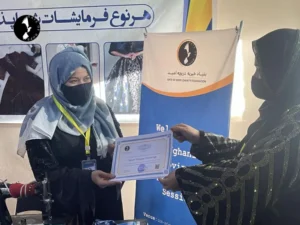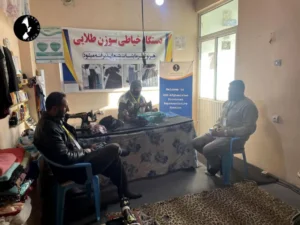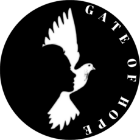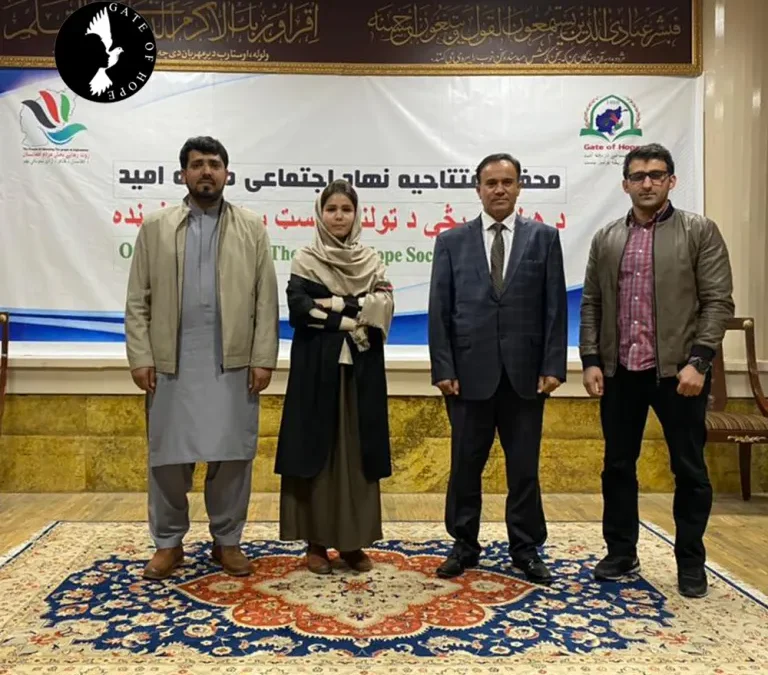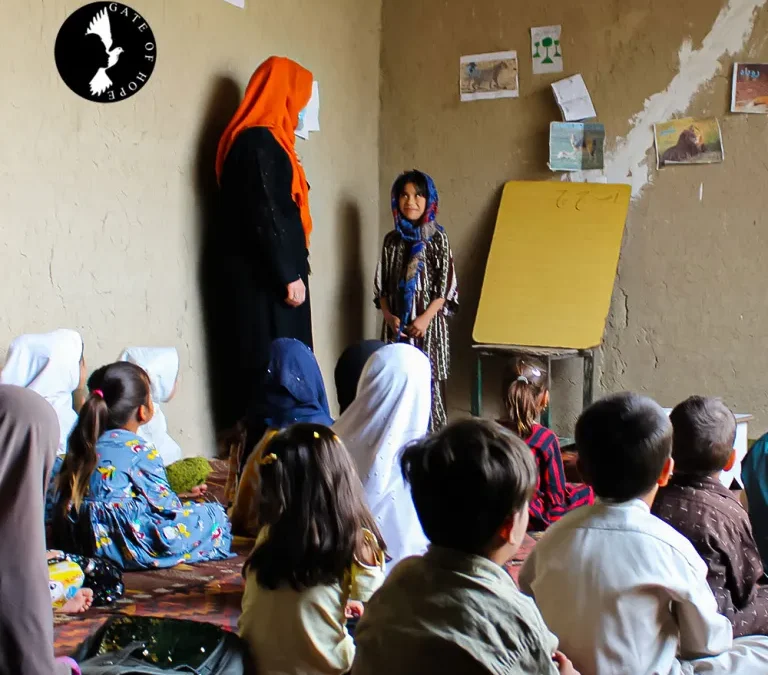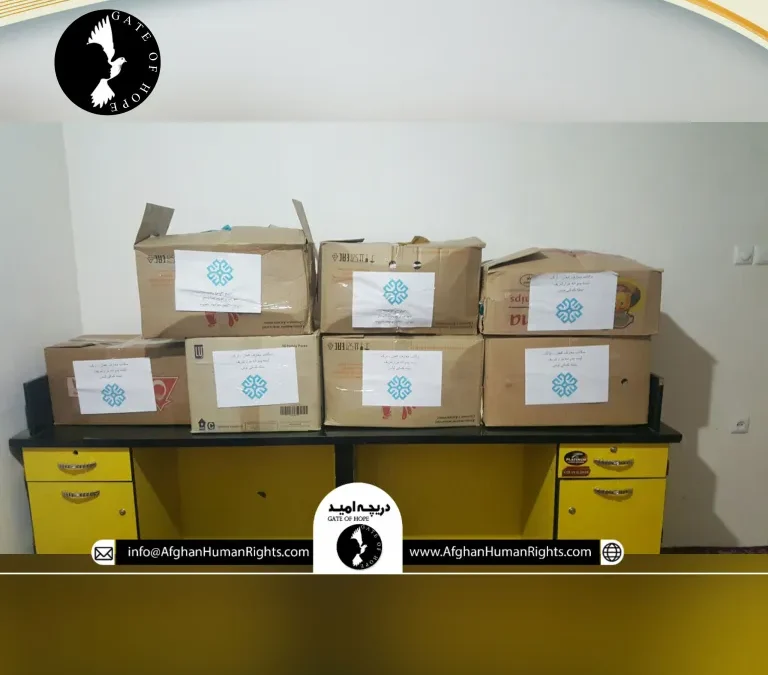In the heart of Afghanistan’s Samangan province, a beacon of hope and progress shines brightly, brought to life by the unwavering efforts of Gate of Hope Afghanistan (GOH-Afghanistan). This non-governmental organization, steadfast in its commitment to fostering self-reliance and skill development among the Afghan people, recently celebrated a significant milestone. The occasion was marked by the esteemed visit of Professor Ajmal Arian, in charge of professional programs at the Gate of Hope, and Dr. Mohammad Hamed Yousufzai, the Deputy Professional. Their presence at the sewing workshops supported by GOH-Afghanistan was not just a ceremonial gesture but a profound acknowledgement of the grassroots efforts aimed at empowering communities through vocational training.
As the world evolves, the importance of vocational training in developing countries, particularly in regions fraught with challenges, cannot be overstated. The sewing workshops in Samangan are a testament to this belief. Under the nurturing guidance of GOH-Afghanistan, these workshops have become more than just a place to learn a skill; they have transformed into sanctuaries of hope and self-sufficiency. Professor Arian and Dr. Yousufzai’s visit to these workshops was an exploration into the heart of these efforts. They witnessed firsthand the dedication and passion of the students, many of whom are women and young adults eager to carve a better future for themselves and their families.
During their visit, Professor Arian and Dr. Yousufzai delved deep into the operational aspects of the workshops. They interacted with the students, understanding their journey, aspirations, and the challenges they face. This interaction was not merely a formality but a sincere effort to grasp the ground realities of the programs. Their observations and insights are invaluable in shaping the future direction of these workshops.
One key aspect that emerged from their visit was the resilience and determination of the students. Despite the myriad challenges, these aspiring tailors and seamstresses displayed a commendable level of skill and dedication. It was evident that the workshops were not just imparting technical know-how but were also instilling a sense of confidence and empowerment among the participants.
Recognizing the challenges is as crucial as celebrating the achievements. Professor Arian and Dr. Yousufzai took note of the existing hurdles faced by the workshops, including resource limitations, market access issues, and the need for advanced training modules. These challenges, however, do not overshadow the remarkable progress made by the students and the workshop facilitators. The leadership team’s appreciation of the services rendered by these workshops in serving their community was a morale booster for everyone involved.
In a significant move, the leadership of GOH-Afghanistan, represented by Professor Arian and Dr. Yousufzai, presented identity cards and certificates to the workshop participants. This gesture went beyond mere symbolism; it was a recognition of the skills acquired, the efforts put in, and the journey towards self-reliance that each individual had embarked upon. It was a moment of pride, not just for the recipients but for the entire organization, as it symbolized the fruition of their efforts in empowering the local community.
The visit by Professor Arian and Dr. Yousufzai is a significant milestone in the journey of GOH-Afghanistan. It underscores the organization’s commitment to vocational training as a tool for empowerment and self-sufficiency. As Afghanistan strides forward in these challenging times, the role of organizations like GOH-Afghanistan becomes increasingly crucial. They are not just imparting skills; they are building lives, shaping futures, and fostering a sense of hope and self-reliance among the Afghan people.
In conclusion, the visit by these distinguished professionals is a reminder of the power of community engagement and the impact of vocational training in transforming lives. As the leadership team of GOH-Afghanistan, we extend our heartfelt gratitude to Professor Arian and Dr. Yousufzai for their invaluable insights and support. Their visit has not only provided us with a deeper understanding of our operations but has also inspired us to continue our endeavors with renewed vigor and commitment.
Together, step by step, we are paving
